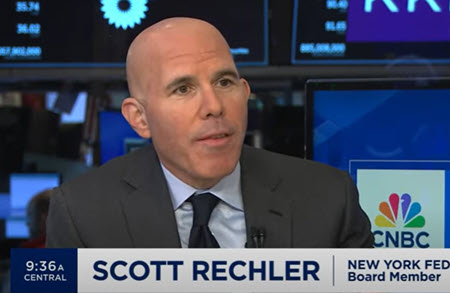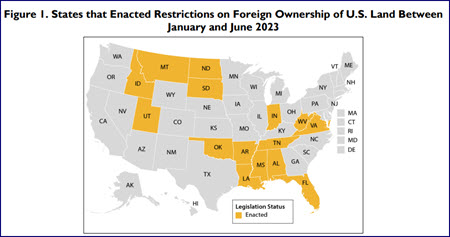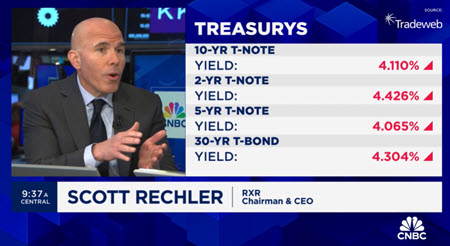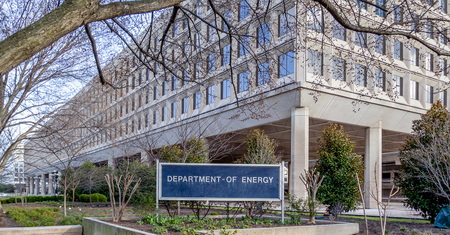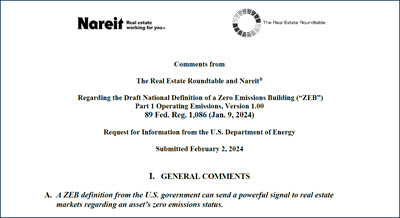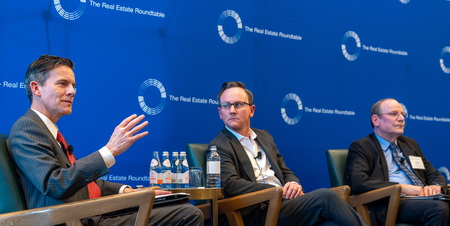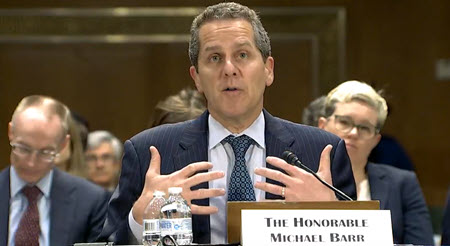
Federal banking regulators are closely monitoring risk factors in commercial real estate bank lending throughout the United States, according to comments today from Federal Reserve Board Vice Chair for Supervision Michael Barr. This week, the Fed also released scenarios for its annual stress test for large banks that includes a 40 percent decline in commercial real estate prices—one of several hypothetical risks designed to assess the resilience of the banking system in the event of a severe recession. (Barr speech, Feb. 16 and Fed stress test, Feb. 15)
Managing CRE Risks
- Barr stated today, “Let me turn to supervision of a specific risk: commercial real estate. The reduced demand for office space and higher interest rates have put pressure on some CRE valuations, particularly in the office sector.”
- Barr noted that Fed supervisors are “closely focused on banks’ CRE lending in several ways.” He explained that regulators analyze how banks measure and report their risk, what steps they have taken to mitigate the risk of losses on CRE loans, and whether they have sufficient capital to buffer against potential CRE loan losses. (Barr speech, Feb. 16)
- He also stated that today’s heightened financial risk environment has led the Fed to downgrade firms’ supervisory ratings at a higher rate in the past year and increase its issuance of enforcement actions. Barr said, “We continue to evaluate whether we should temporarily require additional capital or liquidity beyond regulatory requirements where the firm has trouble in managing its risks.” (PoliticoPro, Feb. 16)
- Bloomberg reported that regulators determined that 22 regional banks late last year had CRE loan portfolios that merit greater scrutiny. (Connect CRE, Feb. 15)
Wave of CRE Refinance Meets Price Discovery
- Bloomberg also reported this week that commercial property deals in the U.S. are starting to pick up at deep discounts, forcing lenders to brace for increased pressure on maturing loans. (Bloomberg, Feb. 14)
- Roundtable Board Member Scott Rechler (Chairman and Chief Executive Officer, RXR) told Bloomberg that as more transactions add price discovery to the market, investors will have to recapitalize loans to reflect lower values.
- Rechler said, “In 2024, we’re at that fifth stage of grief. People are now in acceptance.” He also commented on falling property values: “You can’t ignore that anymore. Depending on the severity of it, we’ll see who has actually marked appropriately and who hasn’t.”
- RXR’s CEO told CNBC last week that “if you’re a borrower who’s willing to invest money, banks are willing to reduce their loan balances to reflect the current environment.” (CNBC, Feb. 6 and Roundtable Weekly, Feb. 9)
- The Wall Street Journal reported this week that investors are starting to show interest in properties where building owners are unable to extend their loans. The article cites Trepp data that shows more than $2.2 trillion in commercial mortgages are scheduled to mature between now and the end of 2027. (WSJ, Feb. 12)
The Mortgage Bankers Association (MBA) reported this week that 20 percent ($929 billion) of the $4.7 trillion of outstanding commercial mortgages held by lenders and investors will mature in 2024. That represents a 28 percent increase from the $729 billion that matured in 2023, according to MBA’s Commercial Real Estate Survey of Loan Maturity Volumes.
# # #
